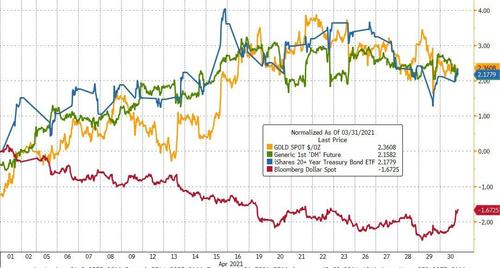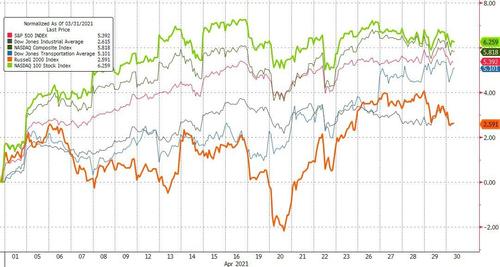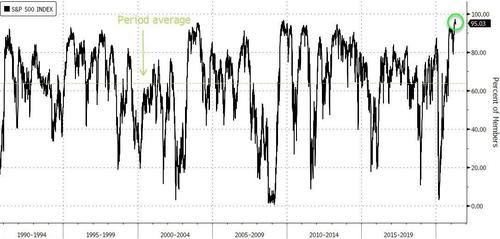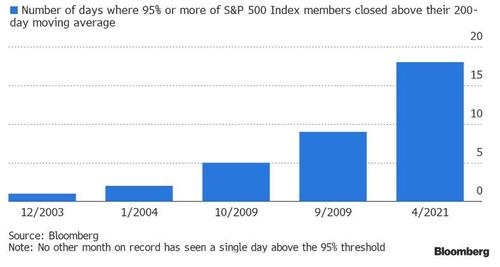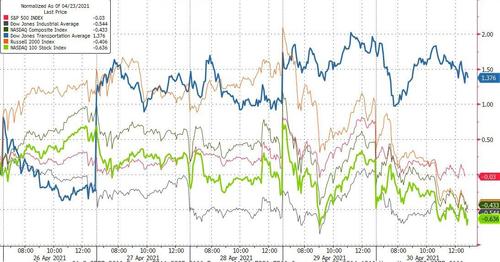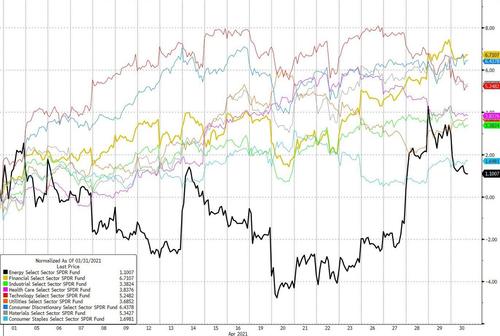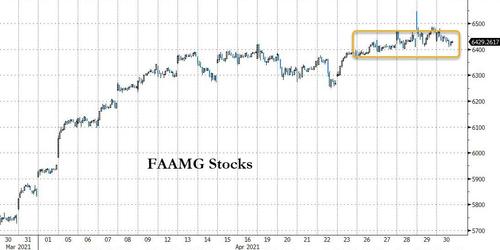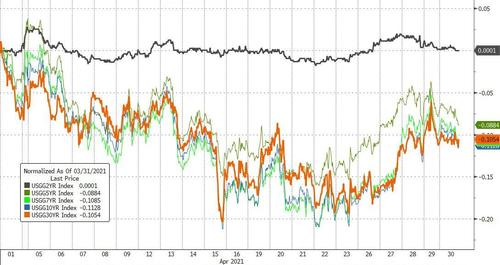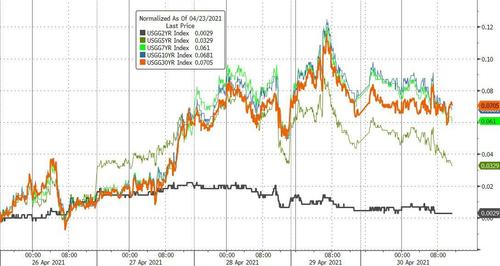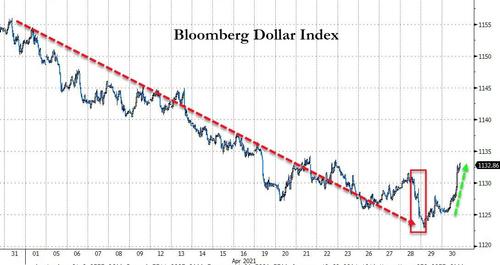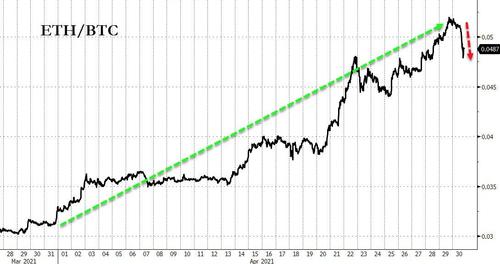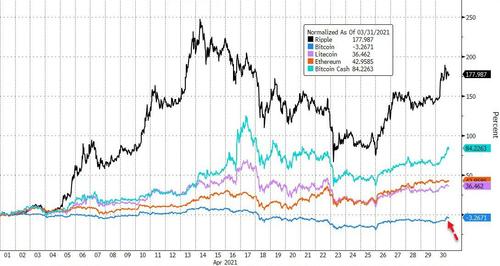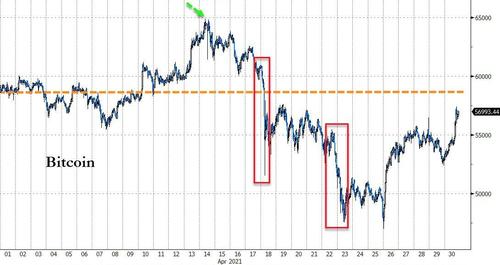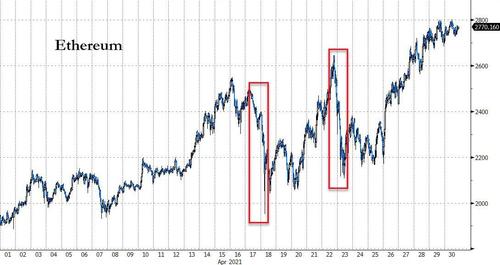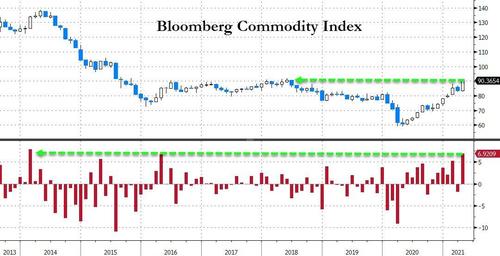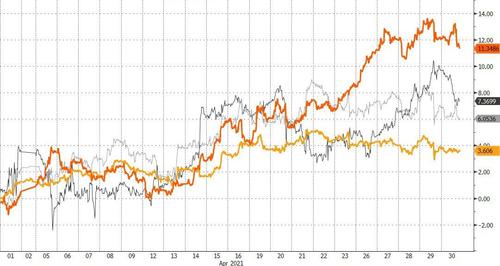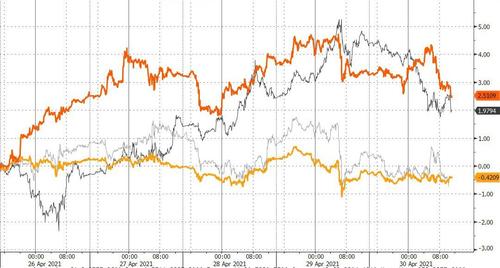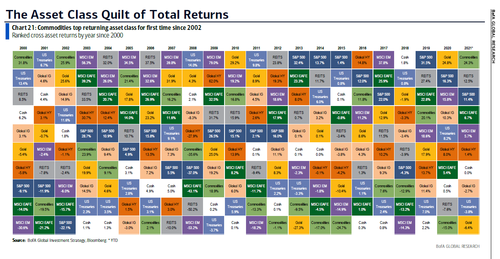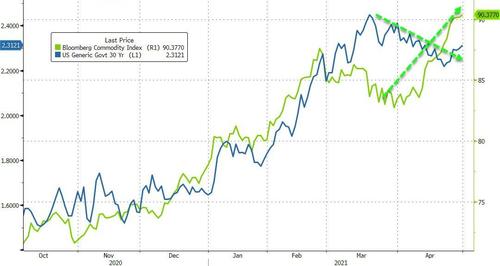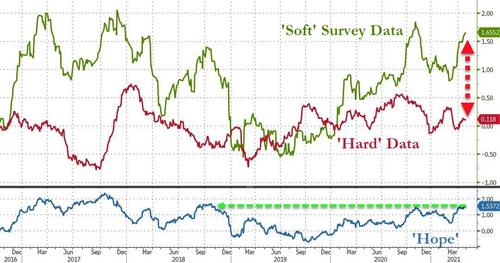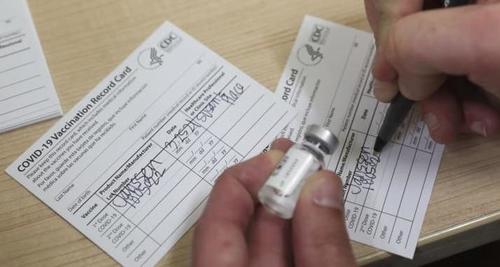The Illinois Law Review has published an expansive online symposium on President Biden’s first 100 days in office. There are more than thirty submissions from a wide range of law professors. Seth Barrett Tillman and I submitted an article titled “What Happens if the Biden Administration Prosecutes and Convicts Donald Trump of Violating 18 U.S.C. § 2383?” This article is based on a blog post we wrote for the Volokh Conspiracy in February. Over the past two months, we have substantially expanded our research on Section 2383, and its relation to the 14th Amendment.
Here is the abstract:
President Trump’s term in office has drawn to a close, and the Biden administration has begun. Attorney General Merrick Garland will soon face a difficult decision: Should he pursue a criminal prosecution of Trump for his conduct leading up to, and during the events of January 6, 2020? One possible basis for prosecution would be under the Insurrection Act, 18 U.S.C. § 2383. This statute provides:
Whoever incites, sets on foot, assists, or engages in any rebellion or insurrection against the authority of the United States or the laws thereof, or gives aid or comfort thereto, shall be fined under this title or imprisoned not more than ten years, or both; and shall be incapable of holding any office under the United States.
In this Article, we take no position whether Trump committed the substantive offenses of inciting or engaging in an insurrection. Rather, we will analyze the potential legal consequences of convicting Trump under this statute. Specifically, what would it mean for Trump to be “incapable of holding any office under the United States.” Would this punishment disqualify Trump for serving a second term as President, should he be elected?
Attorney General Garland’s decision will be complicated because there are no settled authorities to answer these legal questions. He will also face tough political choices. Any prosecution could be seen as an effort to disqualify the presumptive Republican nominee for President in 2024. In effect, a Biden Administration prosecution could knock out its most likely political opponent. A substantial segment of the public may view the Attorney General as disenfranchising tens of millions of voters. This decision is fraught with difficulty.
However, we think Garland’s decision is simpler in one regard: Trump’s conviction under § 2383 would not prevent his serving in the White House again. In our view, if Trump were convicted of violating § 2383, he would be disqualified from holding appointed federal positions. However, that conviction would not disqualify him from holding the presidency or any other elected federal position. We think our reading is correct as a matter of original public meaning with respect to the Constitution of 1788. And this conclusion is unchanged by Sections 3 and 5 of the Fourteenth Amendment. Our position is supported by modern Supreme Court and other federal court precedent.
In our view, even if Trump were convicted of violating § 2383, he would not be disqualified from serving a second term as President.
This Article proceeds in five parts. Part I explains that under the Constitution of 1788, Congress cannot add qualifications for elected federal officials. To illustrate our position, Part II analyzes an anti-bribery statute that the first Congress enacted in 1790. This statute imposes additional qualifications on certain federal positions. But, we argue, it should not be read to impose additional qualifications on elected federal positions. In Part III, we consider whether our general position is altered by the ratification of the Fourteenth Amendment. In other words, do Sections 3 and 5 of the Fourteenth Amendment give Congress the power to impose additional qualifications on holding elected federal positions? Part IV traces the history of the Insurrection Act, 18 U.S.C. § 2383. The Insurrection Act has remained virtually unchanged since President Lincoln signed it into law in 1862. This law should not be read to impose additional qualifications on elected federal officials. Finally, in Part V, we consider an amended, hypothetical version of § 2383 in which Congress expressly invoked its powers under Sections 3 and 5 of the Fourteenth Amendment. Even under this hypothetical statute, we still do not think Congress could disqualify former President Trump from serving a second term in office.
And from our conclusion:
We think it unlikely that the Biden administration will bring a criminal prosecution against former President Trump. We also think a conviction unlikely should he be prosecuted. But even if Trump were convicted of violating 18 U.S.C. § 2383, we do not think he would be disqualified from running for and serving a second term as President, should he win re-election.
…
Going forward, the Biden Department of Justice faces a difficult choice. There are legal and political upsides and downsides to prosecuting Trump under § 2383. If Trump were convicted, it may lead some people to conclude that he is disqualified from running for and serving a second term as President should he win re-election. We think this issue is far from clear, but recognize that election boards, courts, and even Congress could reach that conclusion in good faith.88 But what if Trump were acquitted of a § 2383 charge? Trump could credibly argue on that basis that he did not engage in insurrection, and thus did not run afoul of Section 3. (In much the same way, Trump could cite his two acquittals from impeachment trials as proof of his exoneration.) The decision to bring this prosecution will be made at the highest levels of the Department of Justice, likely by Attorney General Garland. And we suspect these legal and political risks would factor into the future Attorney General’s decision. Yet, even if Trump is prosecuted and convicted, the scope of disqualification would remain for another day.
We welcome any comments.
from Latest – Reason.com https://ift.tt/3eGLz0k
via IFTTT


